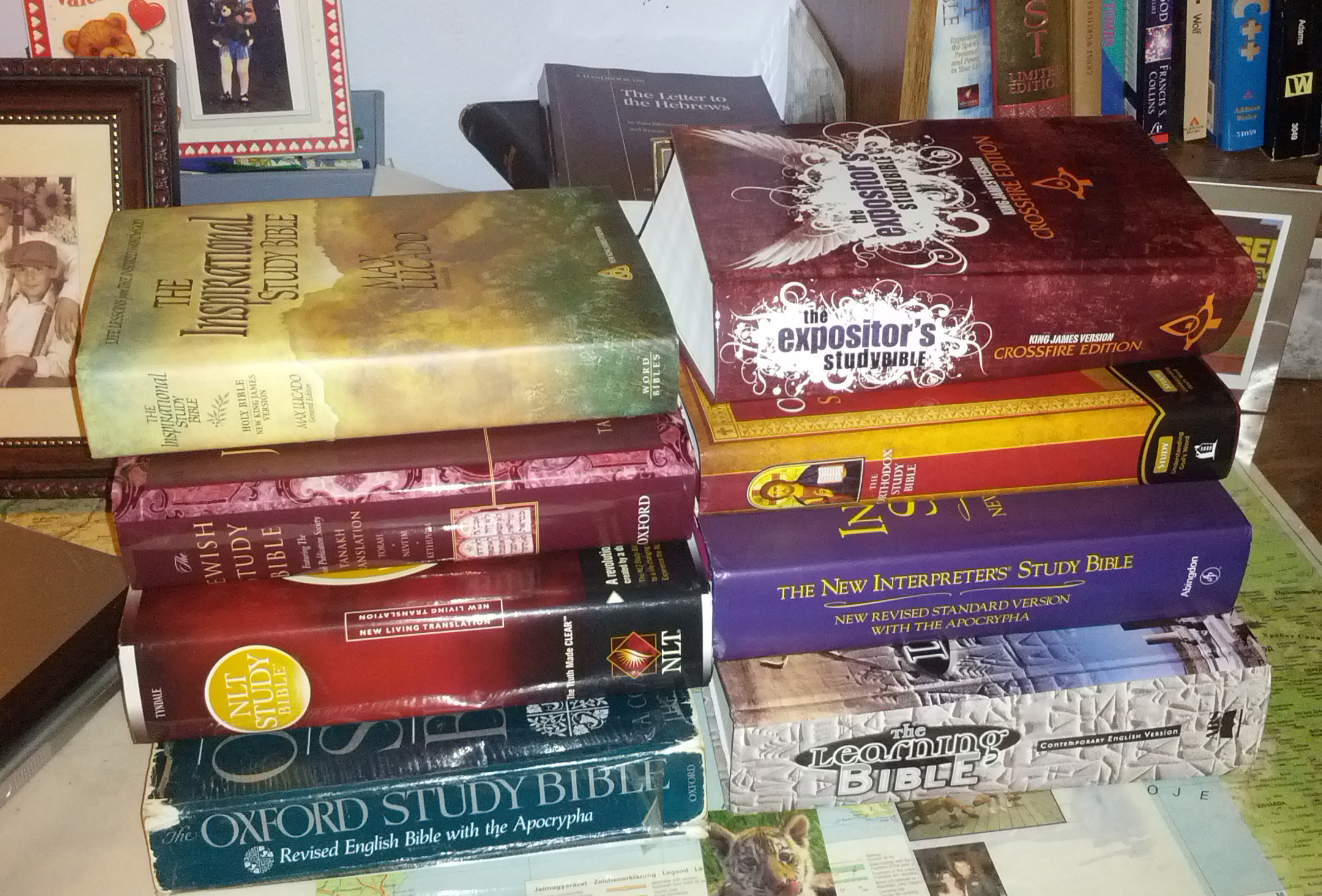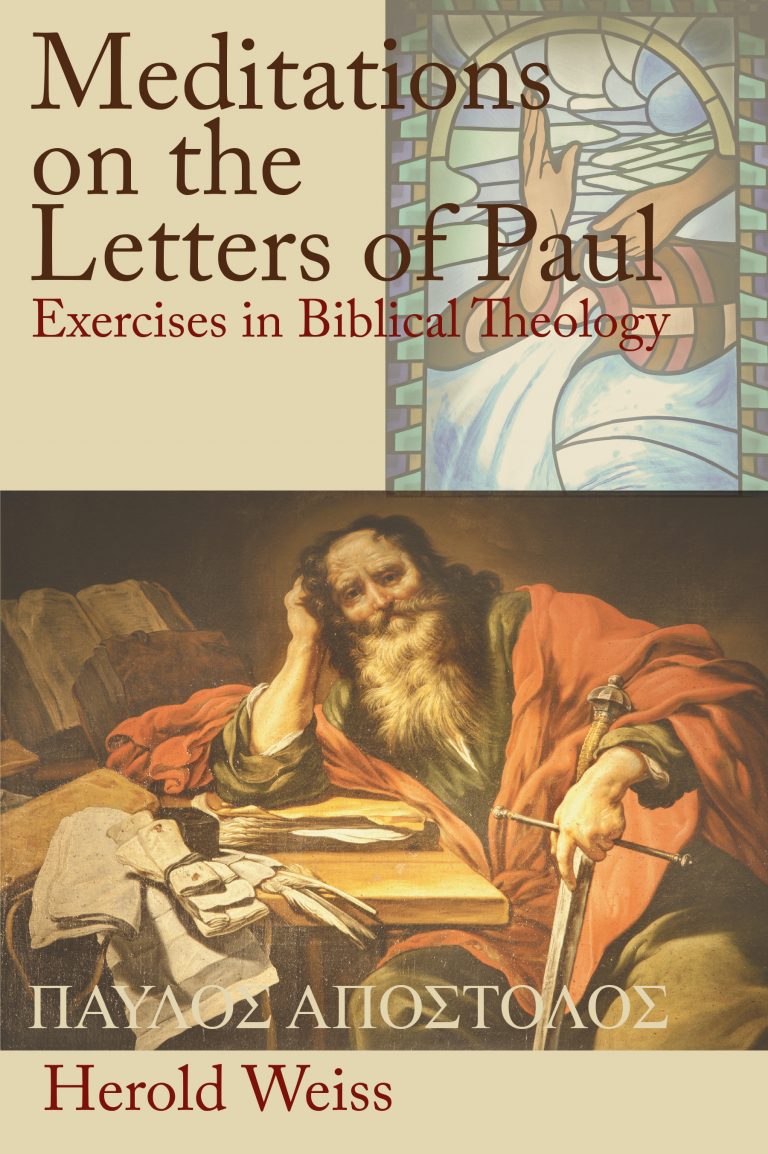A Rant about Study Bibles

I dislike study Bibles. I almost said I hate them, but since I do tolerate some of them, that would be overstating the case.
My problem with them is that they tend to blur the distinction between the text that we’re studying and the commentary made about it.
I have managed to keep my annoyance under control by dividing these Bibles into two classes. The first class is those that present historical and technical data as an aid to the reader. This information is much like what would be found in a Bible handbook, but it is conveniently presented within the same covers as the Bible text. I still would prefer a separate Bible handbook, but I understand the value.
There are still differences in the material presented. What editors choose as the most relevant material to be included in limited space is going to be determined to some extent by their philosophy and view of scripture. Someone who studies the Bible from a secular viewpoint, as history, will be largely interested in the historical context; someone who reads the Bible as the church’s literature will be more interested in theological connections. Both of these items may be valuable to the reader.
Because of the limitations of space, it’s usually not possible to cover a text from all angles, or to provide a wide variety of information that relates to interpretation. So if a Bible student becomes tied too closely to a particular study Bible, which can happen quite easily if it’s the Bible that person carries to church, their perspectives will be limited.
So I’m uncomfortable with these Bibles, but I understand their purpose, and believe that if used appropriately they can be valuable.
But there’s a second class of study Bible. I encountered a number of them over the last couple of days as I looked for a Bible to giveaway at 2014 Reimagine Santa Rosa County. (We ended up using the NLT Study Bible, which I think is one of the better study Bibles, though its notes reflect somewhat more conservative views than mine.) But on the way to buying that Bible, I had to wade through dozens of editions of Bibles with notes by one person. The So-and-So Study Bible. It just doesn’t work for me.
I believe that teachers and scholars are important. I don’t have a problem with commentaries. I don’t mind study guides (I even publish a few.) I would like to see people have the goal of getting to the point where they study the Bible text directly. Use commentaries for backup. Compare notes with others. But get to the text.
In my experience there’s a very real tendency to confuse the interpretations in the notes of such Bibles with the text itself. I recall one man who showed up for a series I was teaching on Revelation with a Jack Van Impe Prophecy Bible. I didn’t mind being challenged by Jack Van Impe’s views. Actually, I don’t find them very challenging. But for this man, what that Bible said a text meant was precisely what the text meant. You couldn’t get him to discuss the text itself. He would only quote the notes.
Unfortunately, this was not an isolated incident. One lady called me aside in the church hallway with a question. She had read a text and then read the notes, and she couldn’t see how the writer of the note got that interpretation from the text. She assumed she must be wrong, since the note writers were so much more educated about the Bible than she was, but could I please explain. Actually, I thought the note was wrong. I explained to her how the writers might have gotten their interpretation and then explained why I disagreed, and suggested she spend more time with the text and less with the notes.
While I’m uncomfortable with study Bibles generally, I really can’t see the purpose in the study Bible written by an individual. I think it points away from the text and toward a single expert’s opinion. I think that’s bad.
Well, maybe I nuanced my rant a bit …


